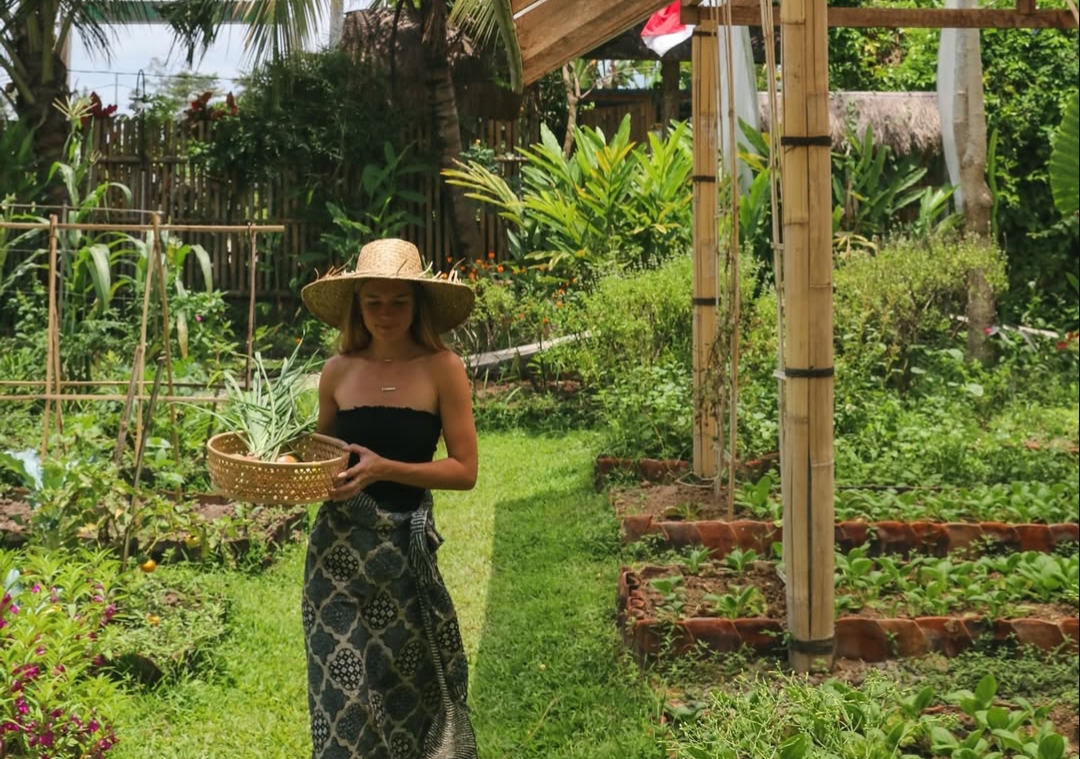When I first arrived in Bali, I knew the island was famous for its stunning beaches, lush rice fields, and vibrant arts scene. But I didn’t realize how deeply spirituality is woven into everyday life—until I attended my first Balinese ceremony.
It happened by chance. I was staying in a small guesthouse in Ubud when the owner invited me to join her family for their temple’s Odalan, a celebration that marks the temple’s anniversary. I hesitated at first, worried I might intrude. But with her warm smile and insistence that guests were welcome, I couldn’t say no.
The preparations started early in the morning. Women in colorful kebayas crafted intricate offerings made of flowers, fruits, and rice. Men arranged the temple grounds, setting up umbrellas and banners that danced in the breeze. The air was thick with the scent of incense and fresh marigolds.
Before entering the temple, I was given a sarong and sash to tie around my waist—a must for anyone attending a ceremony. With my shoulders covered and my phone tucked away, I stepped inside, unsure of what to expect.
The temple courtyard buzzed with activity. Children giggled as they tried to balance tall offerings on their heads. The sound of gamelan music floated through the air, sometimes soft and haunting, other times fast and joyful. Elders sat cross-legged in prayer, their faces serene.
As an outsider, I stayed at the edge, observing quietly. Nobody made me feel out of place. In fact, a few friendly locals offered explanations about the rituals. I learned that Odalan isn’t just a religious event; it’s a moment for families to reunite, for the community to bond, and for everyone to give thanks for the blessings they’ve received.
When the prayers began, led by a priest in white robes, the atmosphere shifted. It became almost otherworldly. I closed my eyes for a moment and let the chanting, the bells, and the soft crackle of incense fill my senses. It was a feeling I can’t quite put into words—something between peace and awe.
Later, we shared a meal together—simple but delicious rice, vegetables, and satay. Locals encouraged me to try everything and made sure I felt included, even though I was clearly new to their traditions.
That day taught me so much more than any guidebook could. I realized that in Bali, ceremonies aren’t performances for tourists. They are living expressions of faith, gratitude, and community. If you ever have the chance to attend one, approach it with humility and an open heart. You’ll leave with more than just memories—you’ll carry a piece of Bali’s spirit with you.
Tips if You Want to Attend a Balinese Ceremony:
- Always wear a sarong and sash, and cover your shoulders and knees.
- Arrive early and stay quietly at the back unless invited forward.
- Never point your feet at shrines or step over offerings on the ground.
- Ask politely before taking photos, especially during prayer.
- Accept invitations with gratitude but don’t expect them—ceremonies are sacred, not tourist shows.
Experiencing a Balinese ceremony changed the way I see the island. It’s more than a travel destination—it’s a living, breathing culture where the sacred and the everyday intertwine. If you’re open to it, Bali will share its heart with you too. (BT)





